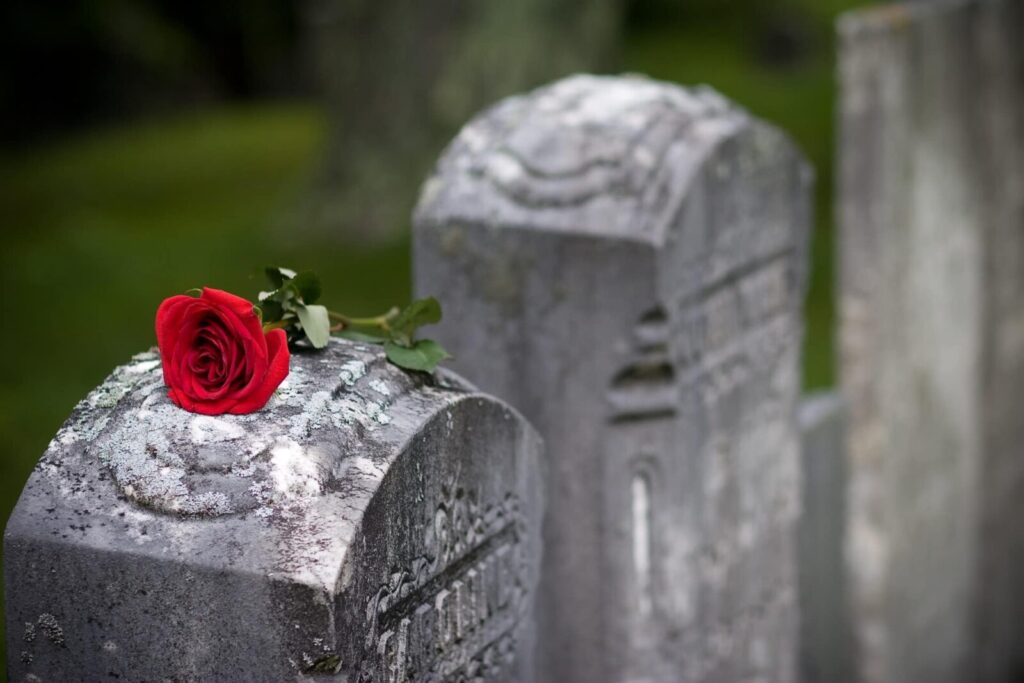It’s definitely uncomfortable to plan your own funeral. However, planning your final arrangements yourself eliminates a lot of stress and anxiety for the family members, who are left to guess what you may have wanted. This, says the Leesville Daily Leader in the article “Planning for the end of your life” lets you make the decisions.
Here are some of the things to consider:
- Do you want to be buried or cremated?
- Do you want to donate your body to science?
- Do you want a funeral or a memorial service?
- What music do you want to be played?
- Do you want flowers, or would you prefer donations to a charity?
- Do you want people to speak or prefer that only a religious leader speak?
- What clothing do you want to be buried in?
- Have you purchased a plot? A gravestone?
- Who should be notified about your death?
- Do you want an obituary published in the newspaper?
- Have you written your obituary yet?
- Who knows about the planning you have done?
- Do you prepay the costs?
- Who will have access to funds for payments that are needed?
When I talk to loved ones after a client has died, I always think of the process as if I had just walked into the middle of a movie. What is going on now? The more breadcrumbs you leave for them, the better they can cope. Answering the above questions, and letting that be accessible to the family is a good start. Writing your obituary, are good exercises to value your remaining time, and review what matters most.
Along with taking time to plan your own funeral, there are also estate matters that need to be attended to before you pass. Do you have a will, power of attorney, healthcare power of attorney, or a living will? Make sure that your family members or your executor know where these documents can be found.
If you do not have an estate plan in place, now is the time to meet with an estate planning attorney and have a plan created.
Your family will also need to be able to access information about your accounts: investment accounts, credit cards, utility bills, Social Security, pension, retirement funds, and other assets and property. A list of the professionals, including your estate planning attorney, CPA and financial advisor, along with the names of your healthcare providers, will be needed.
If you are a veteran, for your final arrangements, you’ll need to have a copy of your DD-214 in your documents or let family members know where this is located. They will need it, or the funeral home will need it when applying for burial benefits from the Department of Veterans Affairs and the National Cemetery Administration.
If you wish to be buried in a national cemetery, you’ll need VA Form 40-10007, Application for Pre-Need Determination of Eligibility for Burial in a VA National Cemetery. This must be completed and sent to the National Cemetery Scheduling Office. Include a copy of the DD-214 with the application.
Your family will greatly appreciate it if you plan your own funeral. Well planned final arrangements will add to your legacy, and discussing these details ahead of time is a rehearsal of the inevitable. It is a loving way that, when the time comes, for one last time you to take care of them.
Reference: Leesville Daily Leader (May 1, 2019) “Planning for the end of your life”


